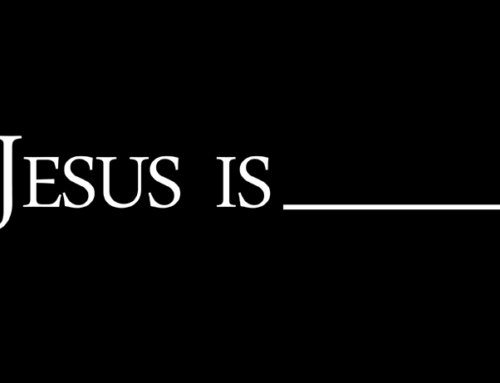
About the author : Antwuan Malone
Antwuan Malone is a Ministry Director at ELEVATE Young Adult Ministry (elevateministry.net) where empowers young adults toward Christian leadership. He is passionate about seeing young adults take their place in church history by drawing near enough to God to hear his call on their life, and courageously living in obedience to that call.
What To Do With God’s Party Invitation
When you read the title of this blog, you probably thought the passage was going to be about the wedding where Jesus turned water into wine. And you were mistaken.
Today’s passage is a parable about a king whose throwing a party for his son. Follow this link to take a peak at it.
Intensity. Well, there are so many things to talk about here, and so little blog space to talk about them in. The story Jesus tells here is such a theological whirlwind. The style of writing found in Bible communicates so much in an amazingly few amount of words. This story is jam-packed with goodies. In this story, we see both God’s judgment and God’s grace, a combination not often found Jesus’ parables. More than that, it holds up a mirror for us to look into as it describes the responses of the invited guests: namely apathy, hostile rebellion, and selfish insincerity. The story ends with an offbeat situation about a man not properly dressed for the wedding feast. His wardrobe seems to earn him the boot! He gets thrown out of the wedding feast into a place of torture that sounds a lot like Hell. After which, Jesus ends on the “many are called, few are chosen” statement, which is bound to rile up the Calvinism conversation. So much is here. It’s on now. In our passage, Jesus has entered into the week leading to the crucifixion he’s intent on letting the Jews (religious leaders and common) have it. This is a parable that can work for the lost, but is targeted for the elect. At the time it was spoken, that elect was the Jews. For us today, though, the warnings are just as potent. If you read up a bit, you’ll see this is the third of three consecutive parables, all of which teach about the perverted minds and practices of the Jewish religious leaders. This is important to note because it explains who he is referring to in this parable. The first group and the second group of invited guests, who respond with apathy and anger respectively, are in fact the Jews. Here we see the King’s (God’s) judgement on the Jews. The third group, then, are the Gentiles. In one story, Jesus was cliff noting the history of the Jews (from God’s perspective) and predicting the future of the church. The Gentiles will have a place “at the feast.” But before we get to thinking that all of the problems lie with the Jews though, Jesus uses what feels to me like an unnatural addendum to the story in the inappropriately dressed man to foreshadow the problems of the “church” to come. The passage is so subtle concerning the transaction between the man and the King. If we’re not careful we’ll think the reason the man is being thrown out into the ‘weeping and gnashing of teeth” is because he is improperly dressed. I’m not so sure that’s the case for two reasons. First, the penalty for being improperly dresses seems rather severe. To be “thrown into the darkness where there is weeping and gnashing of teeth” feels a bit overboard for having not worn a tie to a black tie event. Would it not be enough to simply escort the man out of the party? Perhaps there’s more going on here than a wardrobe violation. And second, the King approaches the man to question him which is absolutely unnecessary. His lack of proper attire should have earned him removal from the party with no questions asked. No interaction was required. But the King did interact with the man. The improper dressing incited conversational incident, but I think that might be it. What if the real reason the man was thrown out of the party had to do with his “speechless” response? I can’t help but think the King would have given the man a robe to wear (after all, it is likely that he gave all his guest robes as this was a custom) that would be fitting for the festival, if he’d only have asked for it. All the man needed to do was humble himself to the king and accept his gracious gift. But he did not ask. In fact, it is likely that he either rejected the robe in the first place or didn’t think it was important enough to keep the robe on. The King, who thought he’d been rid of the apathy and rebellion of his invited guests, finds the seed of such things again in this man. And like the others earlier in the passage, the Kings judges the man for his lack of compliance to the his wishes, his disregard of the Kings lordship (after all, it is the King’s festival), and his unwillingness to humble himself. There are several points to make from this story, but the ones that stick out most today are these. As for the “called and chosen” statement. I’m out of space for it here. But you can share your thoughts on the “To Calvinist or Not to Calvinist” post.Who Is Jesus Talking To?
The Inappropriately Dressed Man
The Point
What is your biggest takeaway from this passage?




